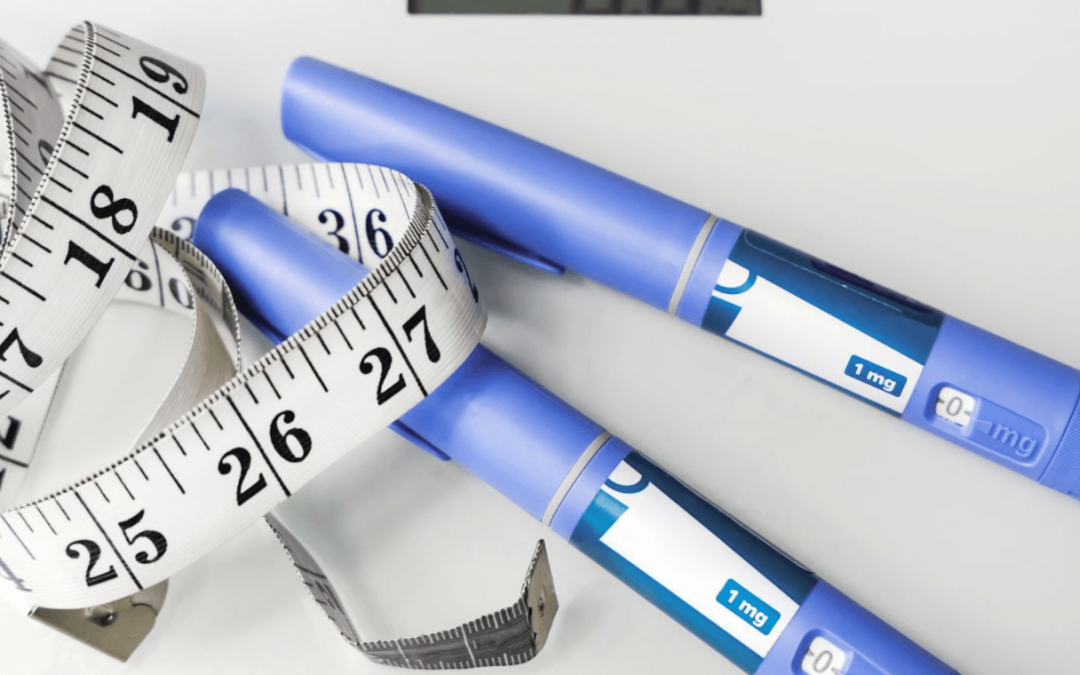There are now loads of trackers for everything from sleep to steps, heart rate to food intake. We can get overwhelmed with the data available. But the data available is data that no generations before have had access to. The more we know, the better we can adjust and adapt for the advancement of our health and wellbeing. For me, I go through tracking phases. It seems mad really because every time that I track, I lose excess body fat and look and feel better. It should be something I adhere to longer. Either way, after a little lockdown weight gain, I’m back tracking and it reinforced to me the importance of it.
Calorie-counting apps
My choice of tracker is MyFitnessPal. The London Evening Standard analysed best calorie-counting apps too in case you’ve tried others or wish to give other trackers a go. What are the benefits of tracking food intake?
Realisation
Most people don’t realise how many calories constitute a meal. I’d guess that if I laid out 2000 calories on a table, most people would hazard guesses to suggest 1000-1500 are on display. Once we have an awareness of how many calories we’re consuming, we can adjust and decline when necessary.
Deficit
If we intuitively attempt to be in a calorie deficit for two consecutive weeks, we’ll achieve it some days (usually by doing an extreme lack of eating in order to be sure) and will exceed on others. It’s best to consistently hit a region of calories that doesn’t differ by more than 100-200 calories every day, seven days per week. That will elicit the best, most consistent, most sustainable results.
Quality
When you begin to track your food, you realise that although eating out is convenient and actually often easier to track (barcode permitting), the speed at which you tear away at the calories is alarming. Tracking food at home requires a little more preparation time, however, prepping your own food is better for you both in the short- and long-term. Plus, when you realise what a calorie steal a plate of vegetables and a snack of fruit is, you’re food quality will undoubtedly rise.
Consistency
Whilst not exciting, research has regularly proven that those who eat consistently similar foods do better in achieving body compositional goals. The mildly laborious nature of tracking your food intake is made much simpler once you have tracked a food or meal once. Therefore, to avoid the need to constantly track new foods, sometimes familiarity is best. The result is often greater success.
Results
The bottom line with tracking food is that if you do it consistently (minimum of two weeks, ideally longer), you will get results. You will lose body fat and weight. You will look better. You will have taken back control of your eating – the empowerment that this offers is immense. We generally let food control us in ways that we don’t let drugs, cigarettes and alcohol. We overeat regularly. We listen and react immediately to our cravings. We eat to avoid boredom, to manage stress, to promote enjoyment. We eat subconsciously. If this were alcohol that I was describing, we’d be seeking an intervention. Being in control of what you eat, how you eat it and when is empowering. It’s a key step to losing unwanted weight. It all starts with tracking.









